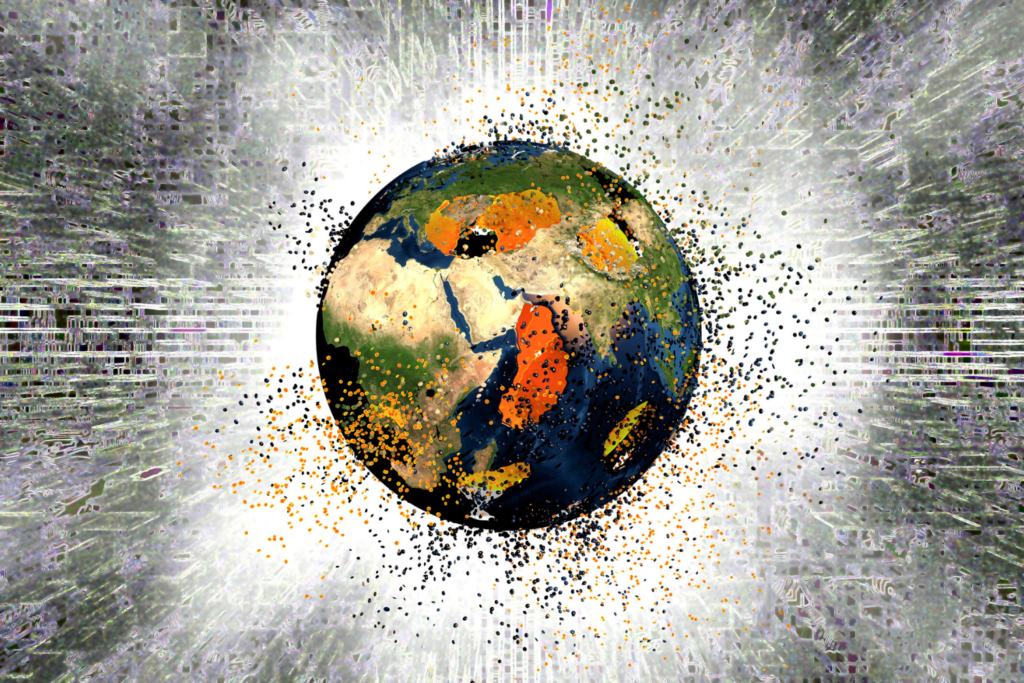Impact of Global Risks on Economic Downturn in Countries Worldwide: Analysis of the Causes of the Situation and Opportunities for Growth Recovery
The authors examine the impact of global risks on economic growth dynamics across more than 200 countries from 1961 to 2023, revealing a consistent decline in growth rates linked to intertwined geopolitical, economic, social, environmental, and technological risks. Through structural analysis and analytical tools, they identify economic and environmental risks as key contributors to the […]










